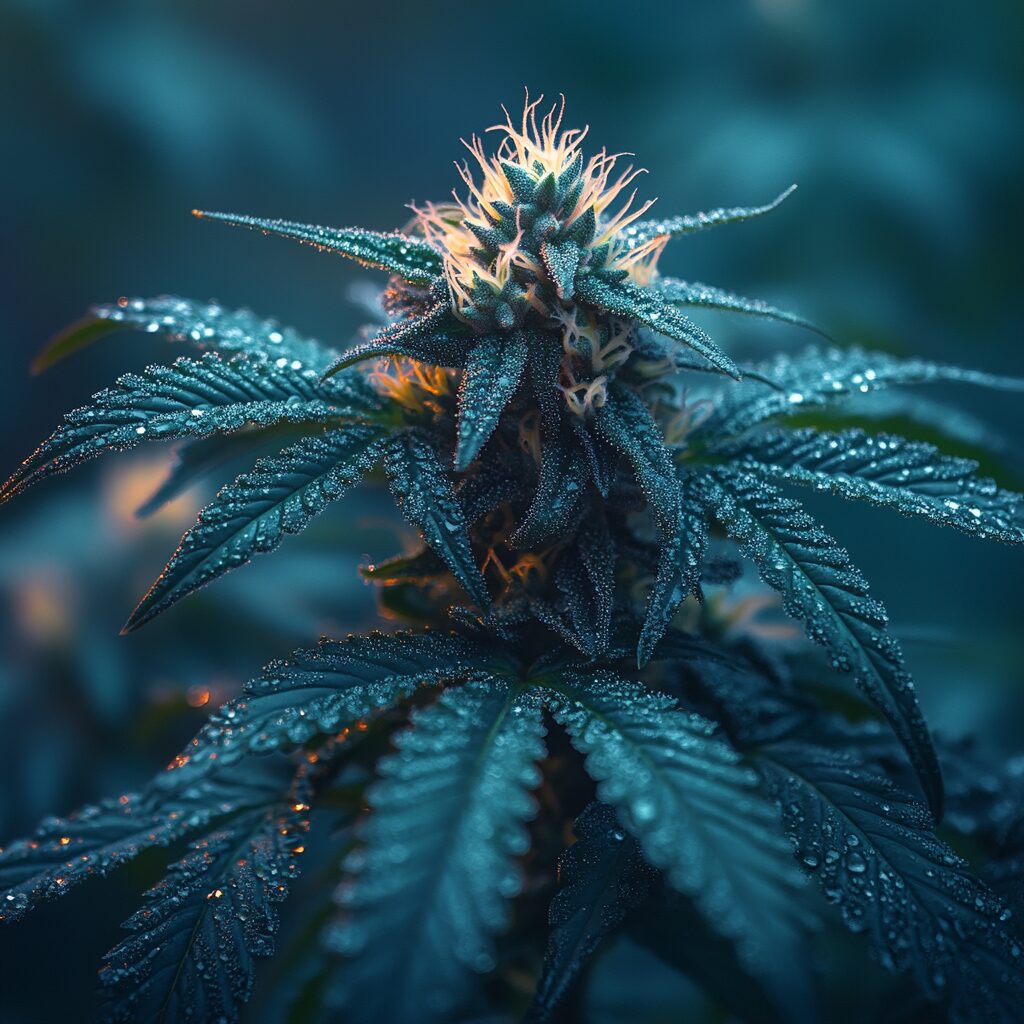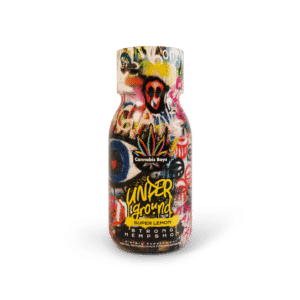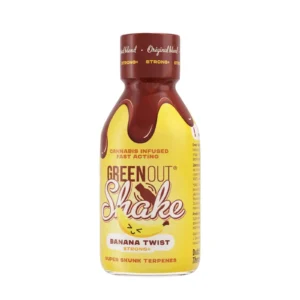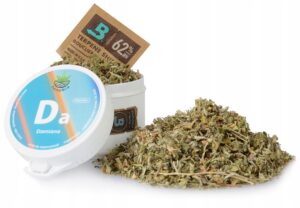Cannabidiol (CBD) is one of the many active compounds found in hemp. Its popularity has grown in recent years due to its potential health-promoting benefits. However, with the increased interest, many questions have arisen, including this key one - is CBD safe?
CBD has long been known and solidly researched - many scientists have focused their research efforts on it. However, not every internet user has the ability to track the research, and the conflicting information that appears is most often due to fear of novelty or lack of knowledge. Let's take a look at the most important facts and debunk some myths that have emerged in recent years.
CBD is addictive - MIT
CBD (unlike tetrahydrocannabinol - THC) does not produce psychoactive or addictive effects, which is one of the most important characteristics that distinguish the two compounds. CBD acts on the body in a different way. Instead of directly affecting receptors, it modulates their action. Thanks to this Users can reap its benefits, such as reducing pain, anxiety or inflammation, without worrying about changes in perception or addiction.
Moreover, the World Health Organization (WHO) has conducted extensive research on the safety of CBD and confirmed that the compound has no addictive properties or abuse potential. This means that even long-term use of CBD does not lead to physical or psychological dependence, which is especially important for people who fear the kind of risks often associated with cannabis.
Is CBD safe because it doesn't cause serious side effects? - FACT
The WHO has confirmed that CBD has a good tolerance profile in humans. This means that it is well accepted by the body, and its use rarely leads to serious side effects, which distinguishes it from many other substances, including prescription drugs.
What side effects can you experience from using CBD?
- Fatigue. CBD can cause feelings of drowsiness or fatigue, however, which is often considered a positive effect, especially for those using CBD oils to alleviate sleep problems or reduce stress, for example.
- Changes in appetite. This is also one of the side effects that can be considered a perk of CBD use, as we wrote about in the publication "Types of eating disorders - can CBD help with treatment?".
- Dry mouth. Each of the cannabinoids can decrease saliva production, resulting in increased dryness and the need for fluid replenishment. This is a common side effect that can be counteracted by hydrating the body.
CBD has therapeutic properties - FACT
The well-documented therapeutic properties have led to so much interest in using CBD-enriched dietary supplements. These have become the answer to many challenges of modern times For example, for excessive feelings of anxiety, overwhelm, social phobias, sleep disorders, problems with relaxation, excessive experience of pain and many others, as we have mentioned more than once on our blog.
Does CBD improve the quality of sleep?
Cannabis for endometriosis - how can it help?
What is PTSD? CBD as support for the treatment of post-traumatic stress disorder
At the same time, it is important to remember that CBD is not a cure-all and if you are experiencing serious health problems, it is a good idea to consult your doctor or pharmacist. Most of them will certify that CBD is an excellent complement to many therapies.
CBD is legal only in small doses - MIT
Products containing CBD are legal, provided they contain less than 0.2% THC. The question must be asked, is CBD safe in large doses? Yes, but...
It is worth remembering that more does not mean better. There is a misconception that large doses are better for the body, and yet Some studies suggest that lower doses may be just as effective or even more beneficial and it depends on the individual patient's needs and condition.
It is important to choose the right dose, often by trial and error, and to closely monitor the body's reaction. We have written about dosages in CBD oils here.
Is CBD safe always and under all circumstances? MIT
We mentioned that CBD is a substance that is safe for the body, but it is important to keep in mind some important aspects related to exceptional circumstances.
- CBD may interact with drugs. Especially those metabolized by liver enzymes. Liver enzymes play a key role in the breakdown and elimination of many drugs from the body. In this regard, CBD may affect the effects of some drugs by reducing or increasing their concentration in the blood, which can lead to a change in the effectiveness of treatment or an increased risk of side effects. Drugs most prone to interactions with CBD are anticoagulants, anticonvulsants, antidepressants and immunosuppressants. CBD supplementation should then be arranged with the treating physician.
- Allergy to CBD is extremely rare, although allergies related to excipients that are added to CBD-containing preparations can occur.
The safety of CBD has been widely documented, and most people who use it do not experience serious side effects. The compound's good tolerability profile and potential therapeutic benefits make it seen as a safe option for many people looking for natural health aids.
Sources:
World Health Organization (WHO). Pre-Review Report on Cannabidiol (CBD). November 2017;
Safety, Pharmacokinetics, and Efficacy of Cannabidiol in Children and Young Adults With Treatment-Resistant Epilepsy, he Lancet Neurology. 2016;
Cannabidiol (CBD) and Its Analogues: A Review of Their Effects on Inflammation, Bioorganic & Medicinal Chemistry. 2015;
Cannabidiol: From an inactive cannabinoid to a drug with a wide spectrum of action, Pharmacological Research. 2017.








